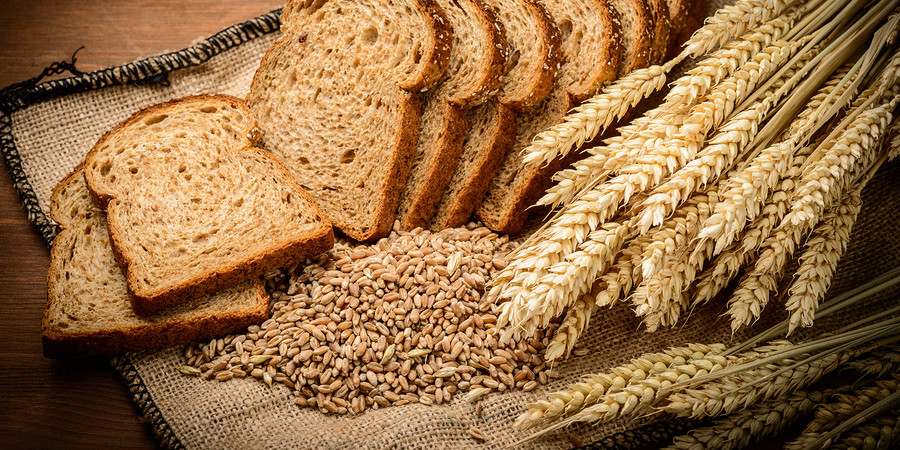That’s a great question, but my answer may create controversy. There’s actually little reason to incorporate grains into the diet on a regular basis with the exception of one: personal preference. I can hear my readers saying, “But they’re good for you!” “They reduce heart disease!” “They have fiber!” Consider this however: There’s no vitamin or mineral you can get from grain that you can’t get in better quantities elsewhere. There are 10 reasons why you may want to reduce your intake of grains (including whole grains):
- If you can get it from grains, you can get it somewhere else. The benefit of most grains are dietary fiber and B vitamins, however, if you can find the nutrient in grain, you can find it in better quantities in other foods. For example, 100 grams of whole wheat flour contains 44 mcg of folate, however, a 100-gram portion of lentils will give you 188 mcg of folate. Similarly with the B vitamins niacin and thiamin, while 100 grams of whole wheat flour contains 30% of the RDA for niacin and 32% of the RDA for thiamin, you can find these nutrients in higher quantities in other foods such as flaxseeds and sesame seeds. Whole grains are often touted for their fiber content, but you can find fiber in better quantities in other, more nutrient-dense foods. For example, a 100-gram serving of collard greens has 2.8 grams of fiber, and green peas contain about 5 grams of fiber per serving.
- Grains may not be good for your gut. Intestinal health is crucial to your overall health. If your gut isn’t healthy, you may not be absorbing all the nutrients from the foods you eat. If you can’t fully absorb nutrients, you will be malnourished and more prone to disease. Grains are associated with a condition called Leaky-gut Syndrome. Tiny particles of grains can slip through the intestinal walls causing an immune response. When your immune system is overburdened by constantly attacking these particles of grain, it cannot effectively fight against true threats like bacteria and viruses.
- You may be gluten-intolerant. This is an autoimmune condition related to the ingestion of gluten-containing grains like wheat, rye and barley. If you’re white and of European descent, there’s a 30% chance that you’re gluten-intolerant to some degree. That’s a lot of people who are regularly consuming foods that actually make them sick.
Comments: This is an important topic. Please contact me you’d like to know the other 7 reasons why you may want to reduce your intake of grains (including whole grains).
